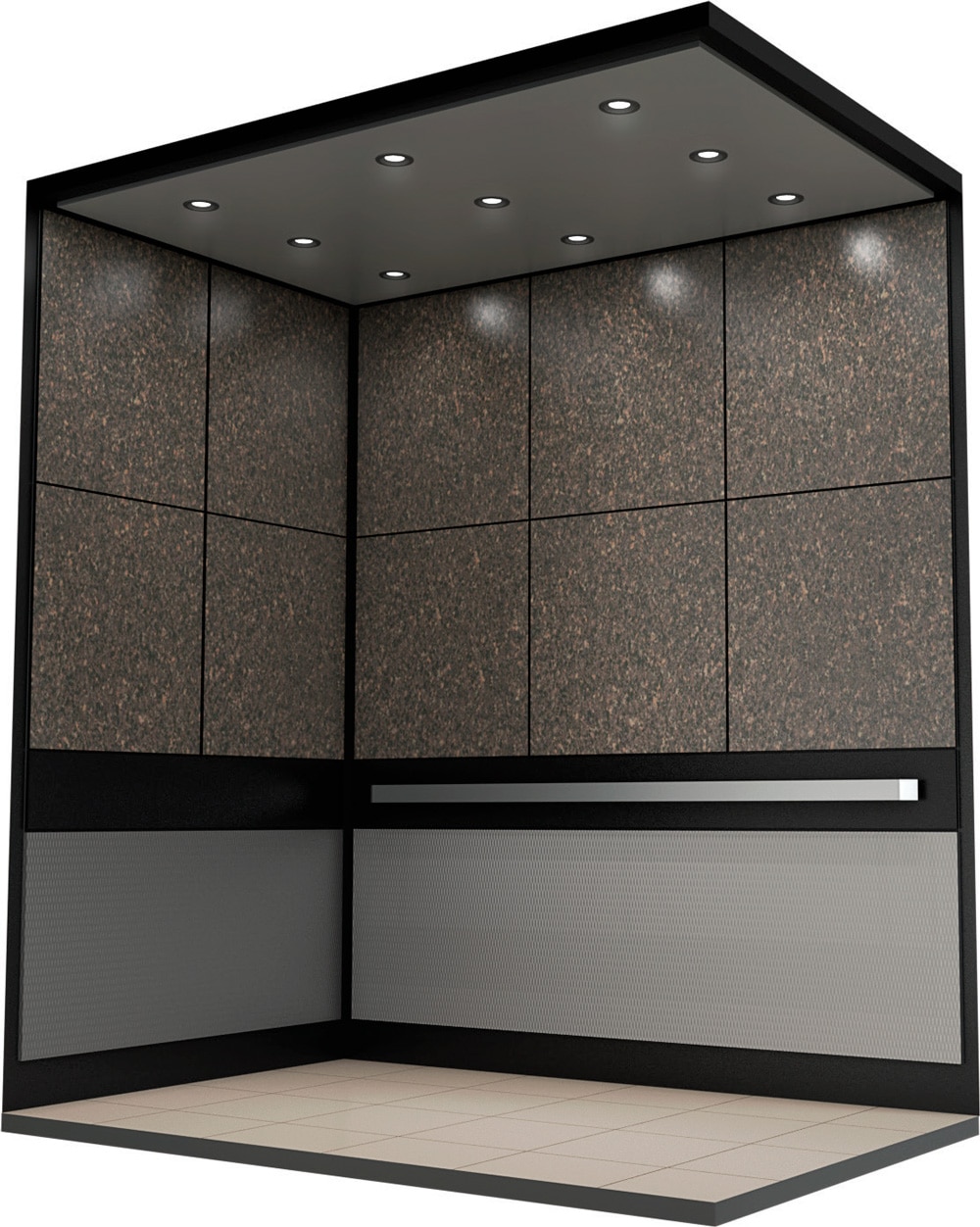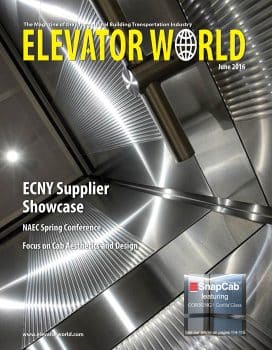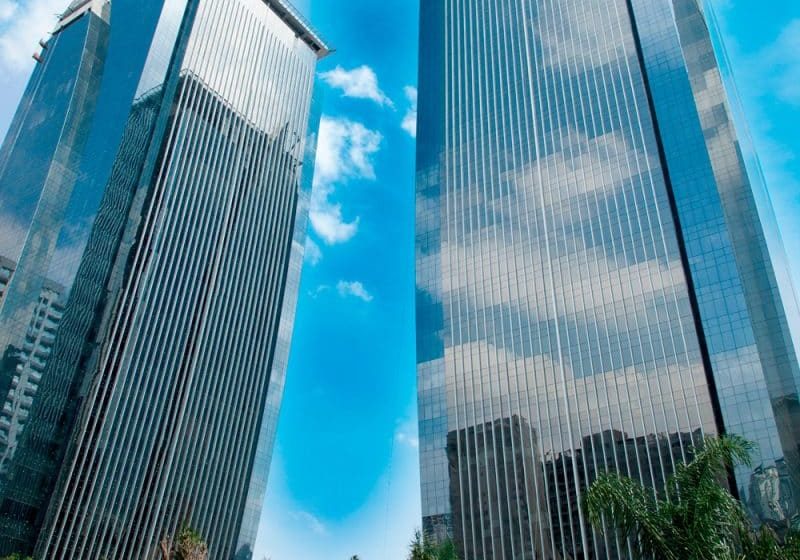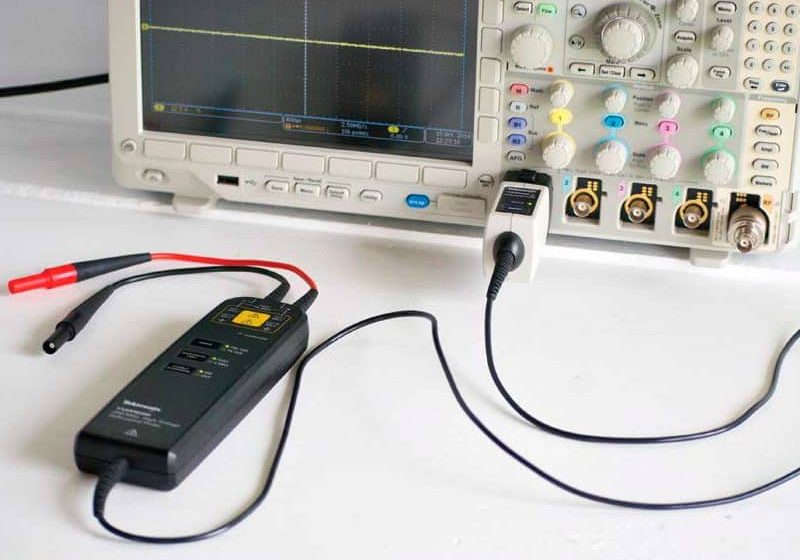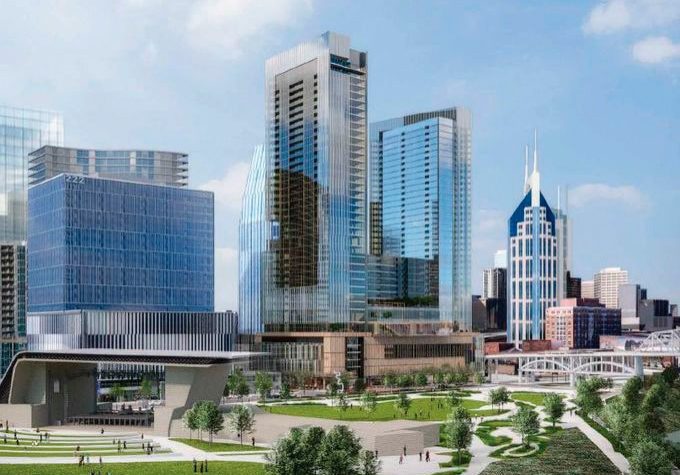“Design is a funny word. Some people think design means how it looks. But, of course, if you dig deeper, it’s really how it works.” – Steve Jobs
Often overlooked, the elevator-cab interior is an extension of any building’s lobby – the feel of the space. Other than first-floor offices, the elevator is the one place everyone in the building visits every day. Design expresses the feeling, and this feeling is communicated throughout the building’s interior. This is why it is important to ensure the elevator interior continues the theme in a cohesive and functional way.
Our society is drawn toward products that serve many purposes, rather than one, linear function. An example of this in the automobile industry can be seen in the shift from the era of the minivan to that of the crossover: instead of purchasing based solely on functionality (sorry, minivan owners), consumers now want the sportiness of a sport utility vehicle with the functionality of a minivan. We want it all in one product in so many cases; why should elevator interiors be any different? When thinking about design, also think about functionality. Below are five things to consider when selecting an elevator-cab interior for both design/style and functionality.
Traffic
It is estimated that more than 18 billion passenger trips are taken per year in elevators across the U.S. With all of that traffic, it is important to select the proper interiors that will stand the test of time. Some cabs only move a handful of people, while others are used to move thousands every day. Different interiors are recommended based on the amount of traffic, so be sure to choose an interior that meets your traffic needs. Don’t forget that it can also have style!
Know Your User
Does the elevator only move internal company employees, or does the elevator transport clients of the building’s tenants? Studies prove that decisions are primarily based upon emotion — knee-jerk reactions at the point of decision making. If you have a window in your office, your decision might be altered because of your surroundings. If an elevator is intended to carry cancer patients to and from appointments, you may want to alter the design from that of an attorney’s office. Considering the user may impact the productivity of your tenants. Know who they are!
Maintenance
Consider maintenance when selecting your cab interior. If the elevator is in an office building where cleaning crews can easily use any products needed to get the job done, there may be a wider selection of interiors from which to choose. However, if the cab services traffic in an unheated building or parking structure, you may consider an interior that is easily cleaned with basic solutions.
Match the Building
The lobby is important because it sets the tone the architect wanted the occupant to feel. With so much invested in the lobby, why would you not want to carry that same feeling into the room where an average visitor is about to spend standing for 118 s.? Set the right expectation by carrying the right design from the lobby through the entire elevator ride.
Replacement and Refinishing
Nothing is worse than walking into a new elevator cab interior that was installed three months ago to find a huge scratch in a ceiling panel or gash on the back wall. Damage will occur, especially in high traffic cabs. It is important to select an interior that can either be refinished or replaced without scrapping the entire interior.
While most cab-interior projects are completed during major elevator overhauls, the cabin is the one piece that everyone in the building will get to see. It will be the impression that is left behind. At FabACab, these considerations are what shape the product, service and user experience.
Get more of Elevator World. Sign up for our free e-newsletter.
